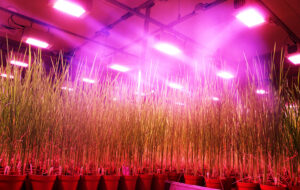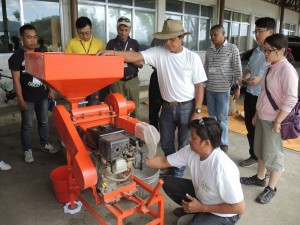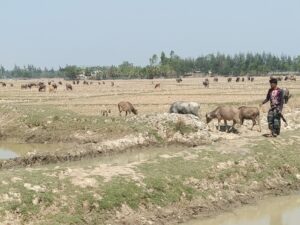ADT-54 successfully withstood cyclone Burevi and unseasonal rains without lodging, according to ICAR-Krishi Vigyan Kendra.
The variety, which was released by the Tamil Nadu Rice Research Institute last year, is also high yielding.
Because of the successful performance of ADT-54 in experimental plots, the variety has been recommended for cultivation in calamity-prone areas.
Read the full story at The New Indian Express
More on climate-smart agriculture:
Targeting women and the youth in disseminating climate-smart agriculture in Vietnam
The study on the adoption of Climate-Smart Agriculture (CSA) technologies by men and women in Vietnam is necessary to understand how the different social expectations, roles, status, and economic power of men and women are affected differently by climate change. It will improve actions taken to reduce vulnerability and combat climate change in the country.
Making farmers climate-smart through a farmer-driven approach
In 2013, as part of its promotion of stress-tolerant rice varieties, IRRI randomly selected five farmers in the village. Each farmer received a 5-kilogram minikit of Swarna-Sub1 seeds and information on the benefits and advantages of the new variety over traditionally grown varieties in the area. At the time Swarna was the most popular variety grown in the village. But it is highly vulnerable to the flash floods that hit the farming community hard every now and then.The village farmers say growing Swarna-Sub1 is financially more rewarding than regular Swarna. When the yield is assured even in the event of calamities farmers do not suffer from loss of income. Thus, this variety had a positive impact on the livelihood of rice growers in the village.
Combating floods and droughts in Lao PDR with climate-smart rice
The country is prone to drought, which damages and reduces yield from 10% to 50% in the central parts of the country. These chronic problems have prompted partners of CURE, led by Lao’s Agriculture Research Center, to showcase how to grow submergence- and drought-tolerant rice varieties grown using best management practices to farmers. The research team aimed to promote these improved varieties to increase rice productivity in flood-prone areas.







